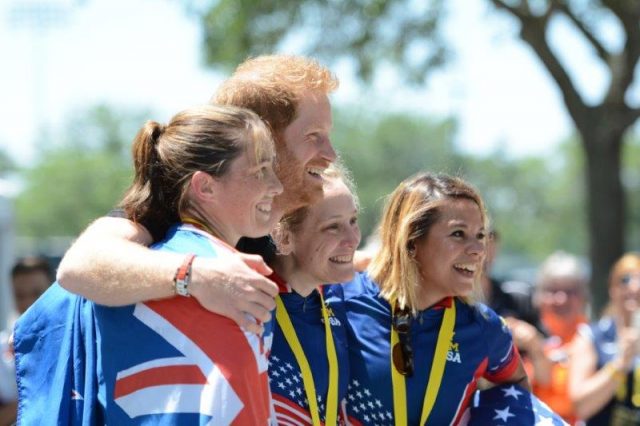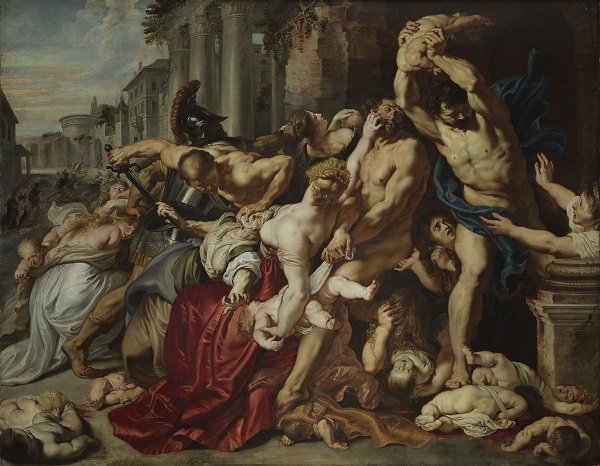Healing on the field and in the Gallery

Image courtesy www.invictusgames2017.com
In just under a month, the third international Invictus Games will take place in Toronto. From September 23 to 30, more than 550 ill, injured and wounded service people from 17 countries will compete in 12 adaptive sports in the only international event of its kind. The Invictus Games model uses sport to support rehabilitation, helping soldiers and veterans recover from mental or physical trauma. It’s also a way to show recognition and thanks to those who have served their countries.
Important healing happens inside the Gallery, too. Did you know that creativity is proven to support emotional well-being, memory and social interactions that help combat depression and post-traumatic stress? The AGO has established programs that promote accessibility, tailoring Gallery experiences to specific groups.
The AGO’s Accessibility for Mental Health Organizations Program plans group visits specifically designed for visitors with mental health challenges. There are several paintings in our collection that can be used to spark a number of discussions about often difficult topics. Melissa Smith, Coordinator of the Gallery’s Access to Art Program, recalls a specific instance when a woman managing dementia responded to Alex Colville’s Soldier and Girl at Station while on a Gallery tour. The painting triggered memories of a period in this person’s life and she was able to recall a long ago romance after looking at the painting.
According to Smith, Peter Paul Rubens’s Massacre of the Innocents is a powerful conversation starter for veterans and soldiers. Massacre of the Innocents shows the slaying ordered by King Herod when he was told by the Three Wise Men that a King of the Jews had been born, and attempted to prevent him from becoming a rival. Pieces like these prompt visitors to have conversations and promote social interaction, offering a focal point for feelings that are sometimes difficult to express in words.
Much like the Invictus Games, the goal of these programs at the Gallery is to develop a sense of belonging, foster camaraderie through positive social interactions and shared experience, and to reconnect with family or friends over creativity or shared interest.
Everyone is welcome in the inclusive environment of the AGO. To learn more about our Access to Art Group Visits or to book a Group Visit.
Are you an AGOinsider yet? If not, sign up to have stories like these delivered straight to your inbox every week.
Generously supported by:
A & M Green Foundation
The Lindy Green Family Charitable Foundation
The Joan and Clifford Hatch Foundation
Accessibility Programs
Accessibility Programs
Generously supported by
Generously supported by
With additional assistance from
With additional assistance from


